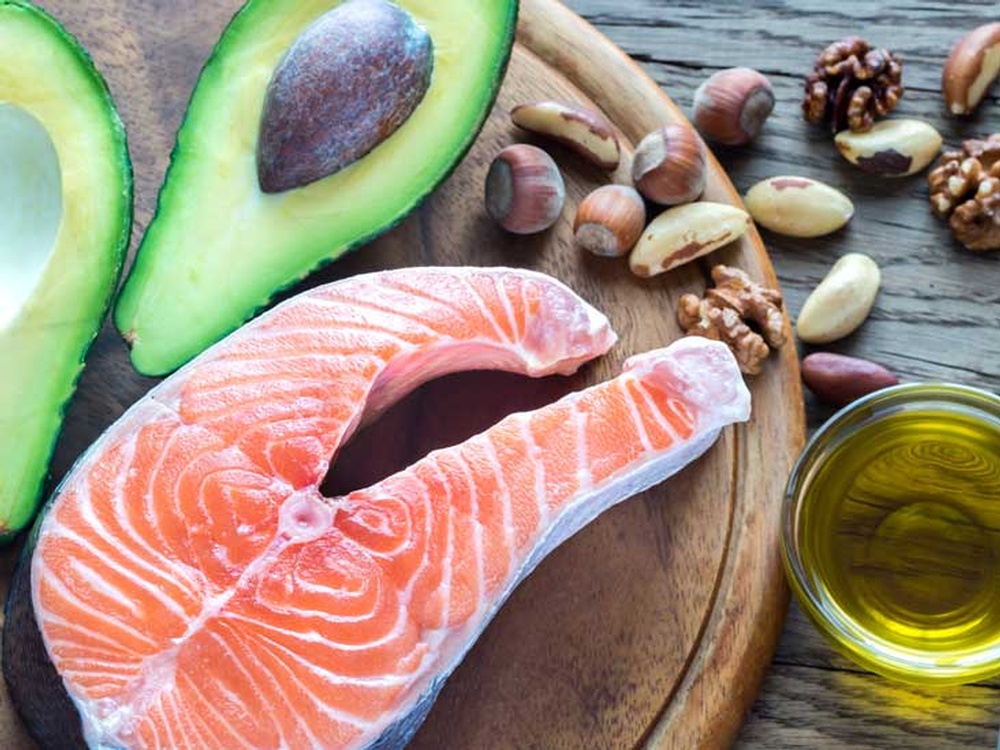How Much Fat Should You Eat?

How much fat should you eat on a low-carb or keto diet? This is an important question and one that is common. I want to help guide you as there is a lot of conflicting info. On the one hand , people are saying that you should eat as much fat as you can as that’s the key to fat loss as there are fat bombs and bulletproof coffee among other things and on the other hand we’ve had decades of low fat diets and then in the middle its said to use fat as a lever where you can increase it or decrease it. So what is it? Hopefully this will help to clear it up.
Watch the video below:
First of all, a low fat diet may be right for some people but certainly there is no harm to a high fat diet especially when combined with low carb. The issue comes in when you mix high fat with high carb as in the standard American diet as its called but can also be called the standard Canadian diet for those living in Canada as obesity and metabolic syndrome rates are creeping up in Canada too.
When it comes to a low carb diet, the keys are restricting carbohydrates, i.e., finding your level of restriction, and reducing your carbohydrates to that level. Getting adequate protein is another key such as 1.2-1.7 grams per kilogram of ideal bodyweight. So what you to do is find out what your ideal bodyweight is and then eat that number of grams of protein per day. For instance, if you’re a female and your goal weight is 130 lbs (59 kg), then eat 71-100 grams of protein per day at a minimum. And lastly the third key is fat. Fat is energy, its calories and is a lever you can use. It can help with satiety and feeling full, and adding flavour and enjoyment to your meals.
When first starting out since you are cutting the carbs and therefore calories, you need to replace them with something, and that’s where the fat comes in. Don’t fear the fat. Add as much fat as you want in the transition phase when going to a low carb, keto or carnivore diet. You want to make sure you are not experiencing hunger as this will make the transition much harder and less enjoyable.
Once you get past the initial weeks, assess what your weight loss goal is and what your weight loss progress has been so far. By reducing the fat you are eating, you are going to start to burn your own fat stores and you will get into a calorie deficit and lose weight (specifically fat). Now if you lower your fat too much you may go into too much of a calorie deficit and you might start to get hungry. Hunger is something that can derail any good diet.
Now a big part of this will be getting in tune with your hunger queues, knowing what they mean and how to deal with them as they will come in waves but it’s something we don’t want to live with all the time nor do we need to. If you feel you are having trouble between meals and feel you need to eat something or snack between meals and are always thinking about food, that’s a sign that you may need to add some fat back as long as you are getting enough protein. You can also try adding some green veggies that are low carb and then making up the difference with the extra fat.
Ultimately you’ll be using fat as a lever as things will fluctuate over time where fat loss will stall where you need to dial the fat back and at other times you need to increase it. But fat is your lever, not carbs. You want enough fat for satiety, taste and enjoyment as that’s the role of fat. There’s no magic number to the amount of fat you have to eat in grams or percentage. You restrict your carbs, make sure you are getting adequate protein and then use fat as a lever.
Hopefully that helps and makes sense. It doesn’t need to be complicated. For further info, check out the fat guide on dietdoctor.com which l will link to below.
If you know of anyone that may benefit from this, please consider sharing it anywhere on social media as you may help them resolve their health issues or at a minimum, drastically improve them.
Happy fat loss,
Tyron